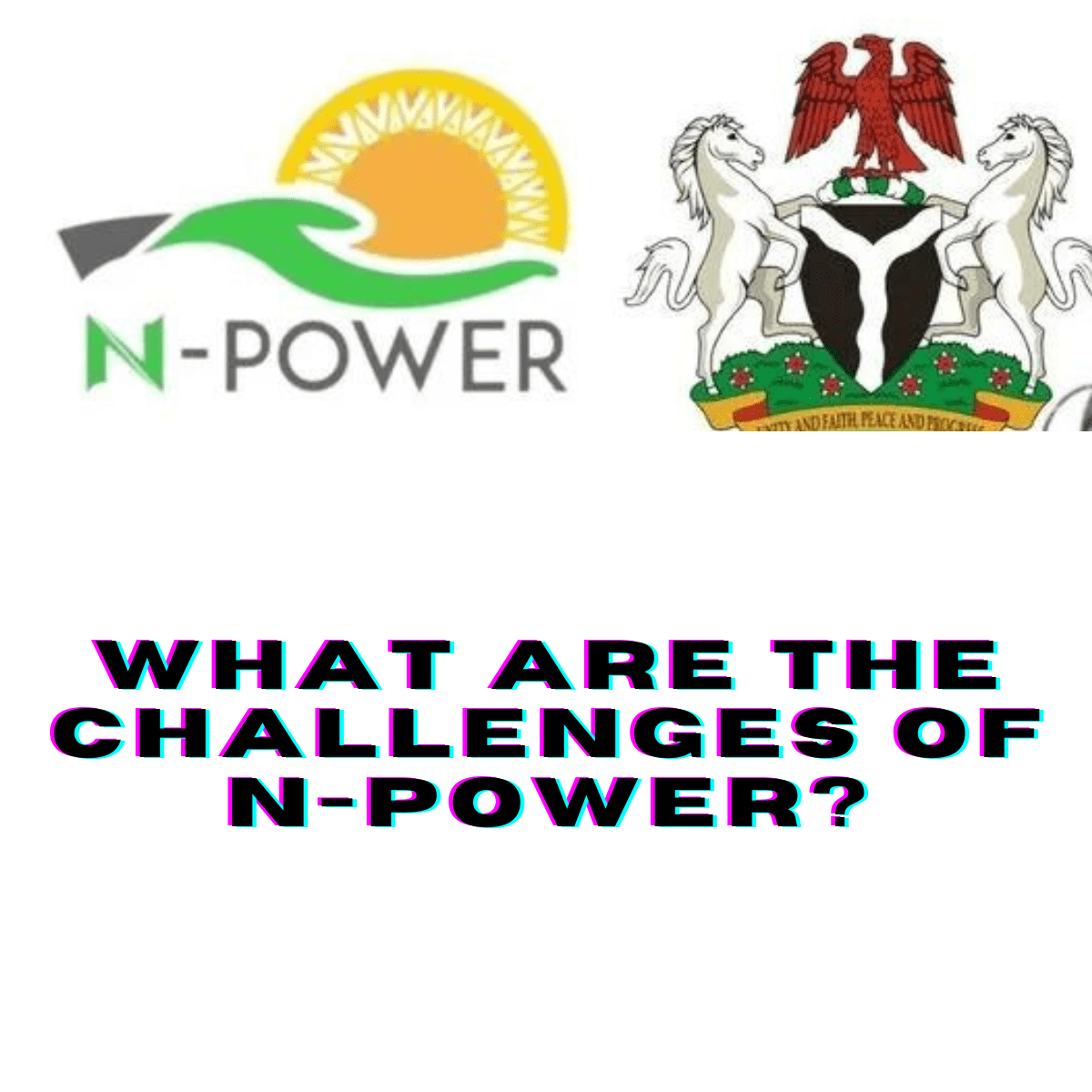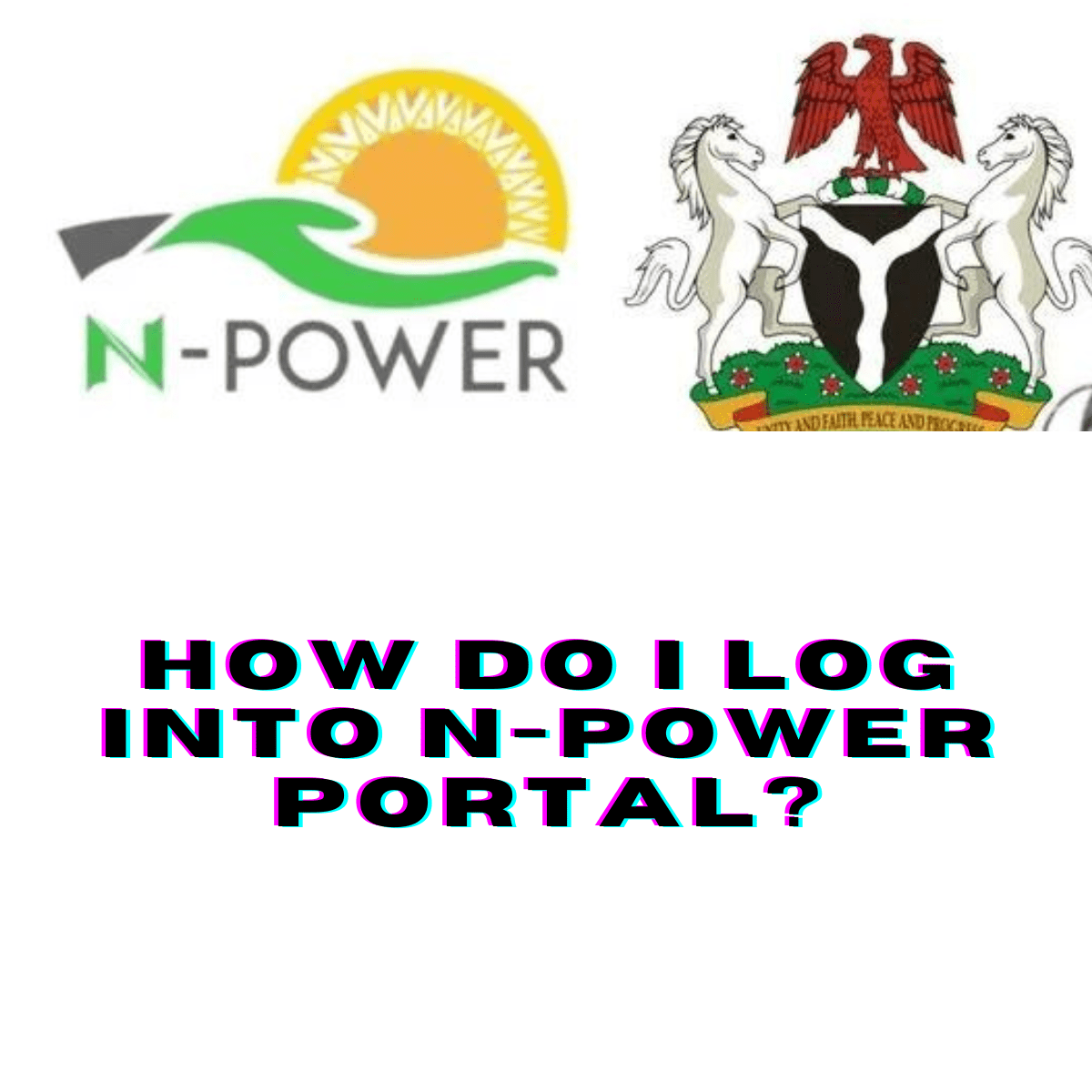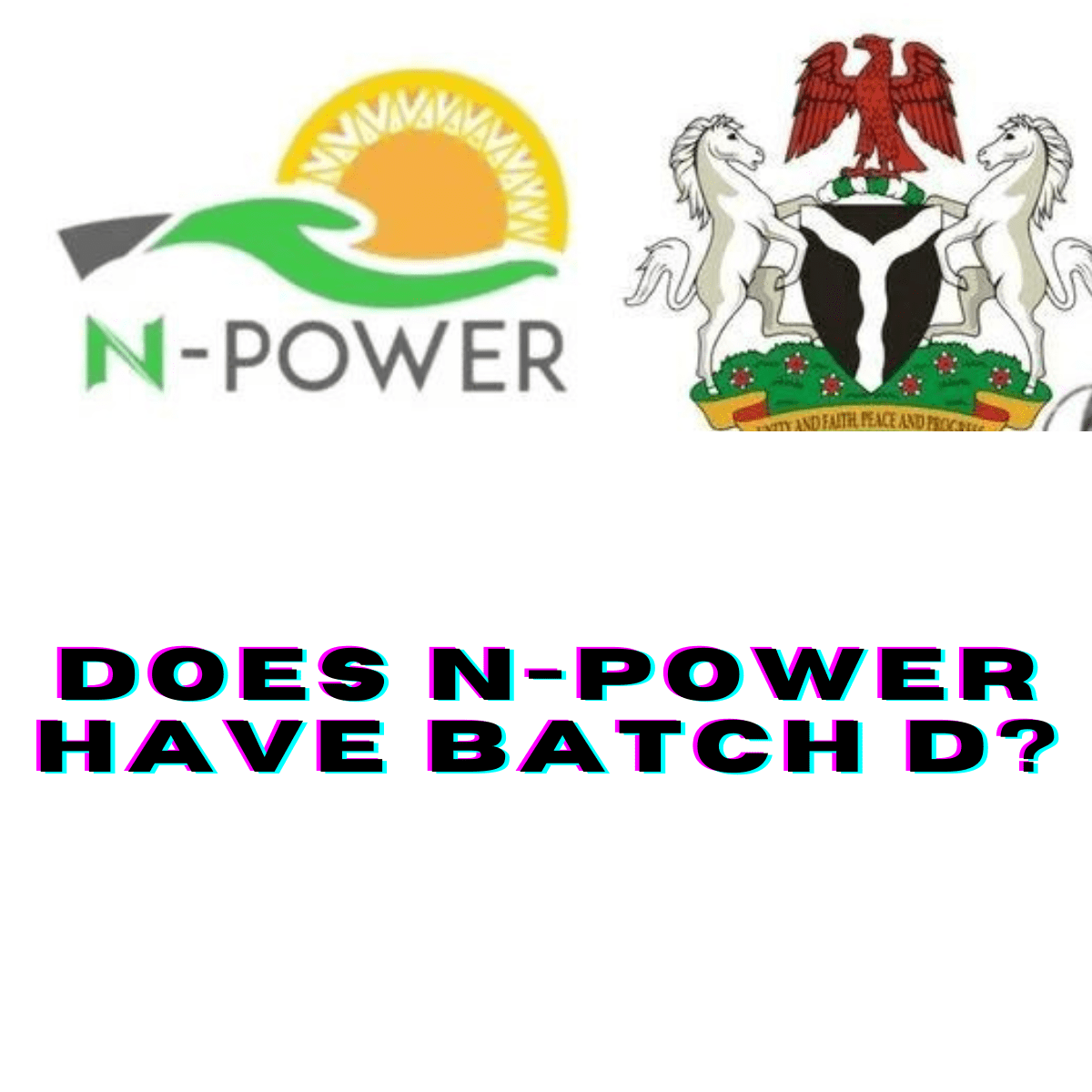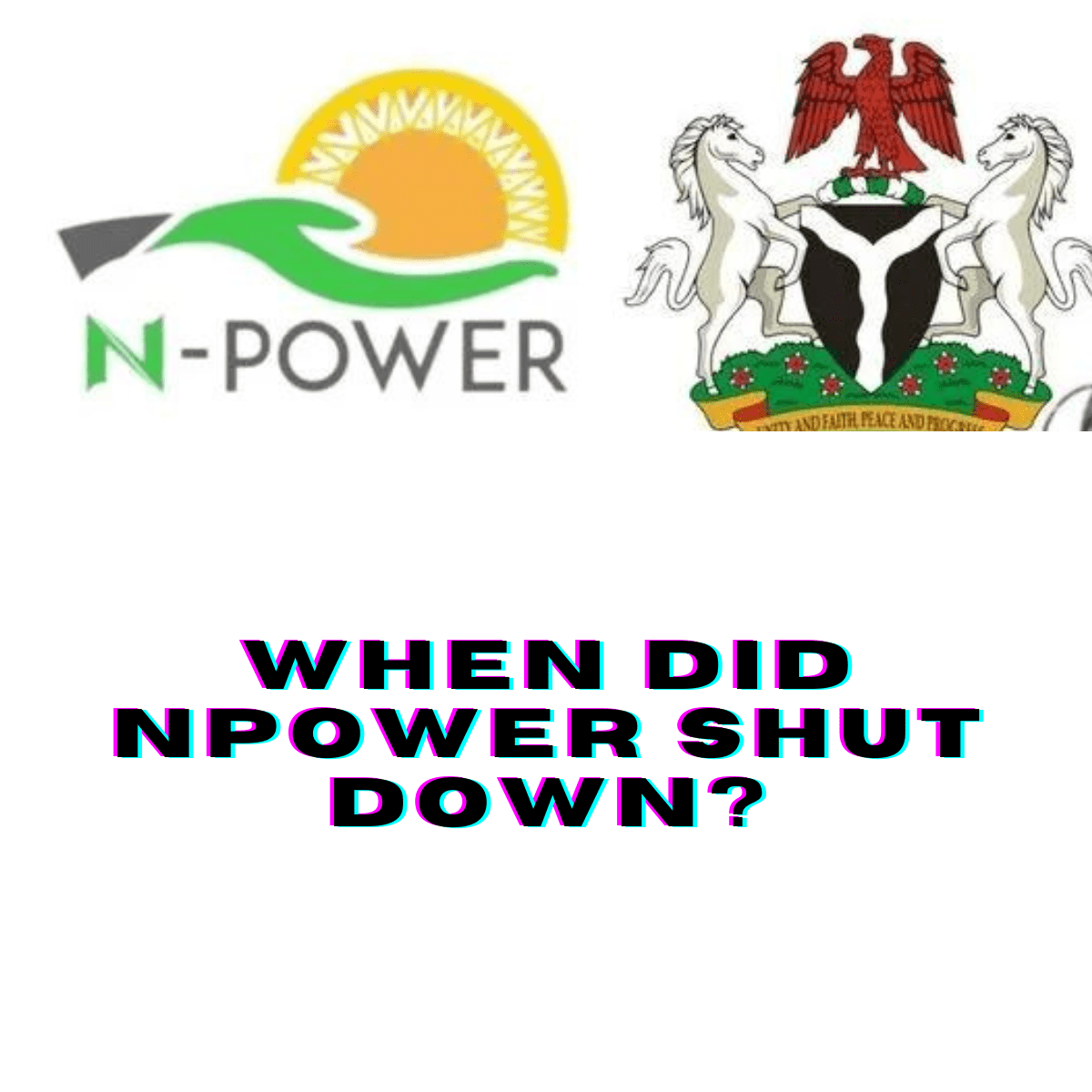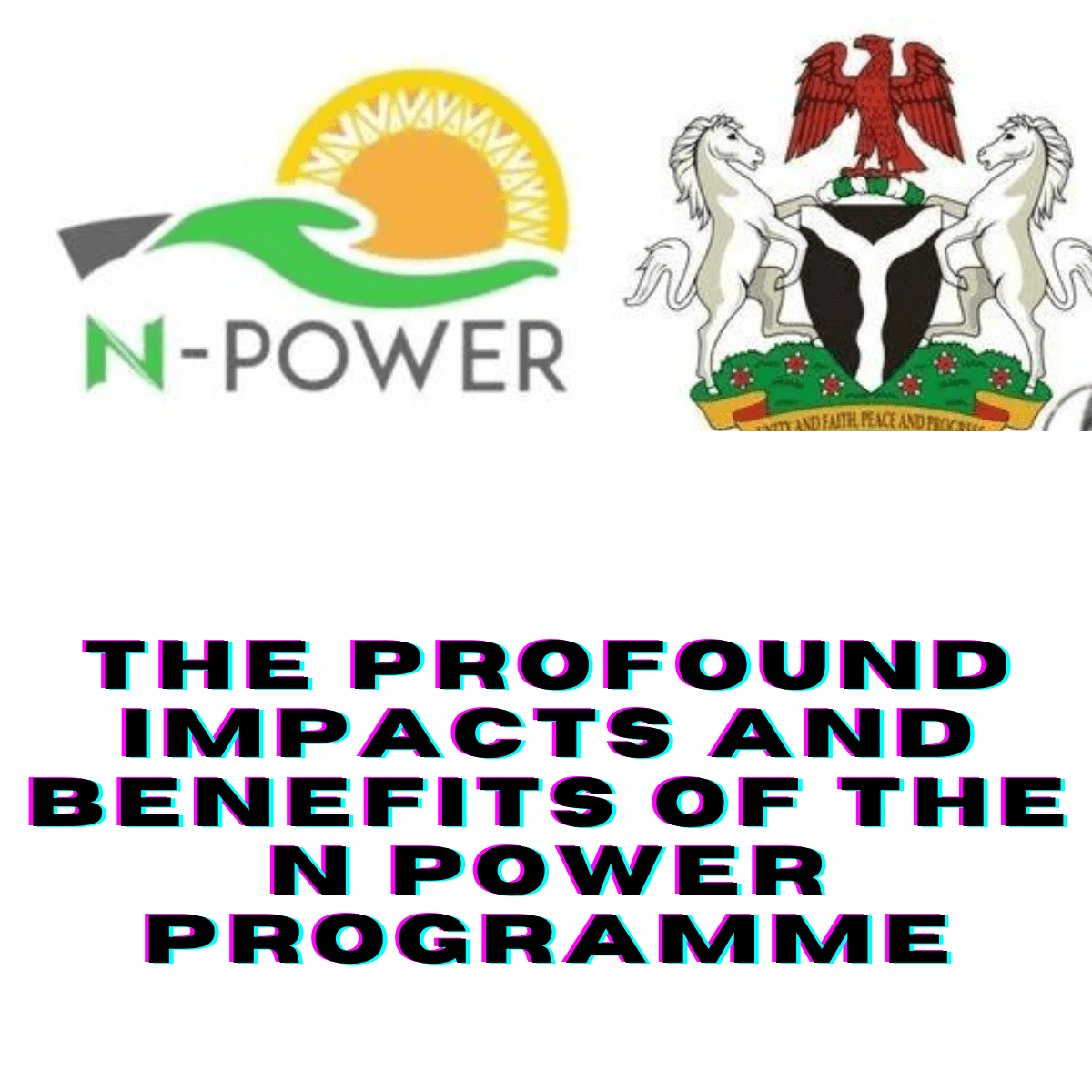Nigeria, Africa’s most populous country, has been grappling with various socio-economic challenges, including unemployment and underemployment, particularly among its youth. In response to this, the Nigerian government initiated the N-Power programme as part of its National Social Investment Program (NSIP) aimed at empowering young Nigerians with life-long skills to enable them to create solutions to the myriad of challenges facing the nation. Despite its noble intentions, the N-Power programme has encountered numerous hurdles that have affected its overall efficacy. This article delves into the challenges of N-Power, offering insights into the programme’s operational difficulties while adhering to Google’s E-A-T guidelines to ensure expertise, authoritativeness, and trustworthiness.
Introduction to N-Power
The N-Power programme was launched with the aim of addressing the issues of youth unemployment and to help increase social development. The programme is designed to provide young Nigerians with the skills and tools required to make them competitive in the global marketplace. However, as ambitious and beneficial as the programme aims to be, it has not been without its challenges. From administrative issues to the impact of socio-economic factors, these challenges provide a multifaceted view of the hurdles that need to be overcome to ensure the programme reaches its full potential.
Operational Challenges
Inadequate Funding
One of the significant challenges faced by the N-Power programme is inadequate funding. Despite its critical role in youth empowerment, the programme often struggles with securing sufficient budget allocations from the government. This financial limitation impacts its capacity to enroll more participants, provide adequate resources, and sustain the programme’s operations effectively.
Implementation Hiccups
Another challenge is the implementation hiccup which encompasses a range of issues from bureaucratic delays to logistical problems. These hurdles affect the timely deployment of resources and the initiation of training sessions, ultimately hampering the programme’s ability to meet its objectives within set timelines.
Socio-Economic Factors
Economic Instability
Nigeria’s economic instability, characterized by inflation and recession episodes, further exacerbates the challenges faced by the N-Power programme. Economic downturns affect the government’s ability to fund the programme adequately and impact the participants’ ability to fully engage with and benefit from the initiative.
Infrastructural Deficits
The lack of necessary infrastructure, such as stable electricity and internet connectivity, particularly in rural areas, poses significant challenges to the digital training components of the N-Power programme. This limitation restricts access to digital learning resources and online training modules, essential for the knowledge economy.
Frequently Asked Questions (FAQs)
What is N-Power?
N-Power is a youth empowerment scheme initiated by the Nigerian government to address unemployment and promote social development among young Nigerians. It aims to provide young Nigerians with job training and employment opportunities, thereby fostering productivity across various sectors of the economy.
Who is eligible for N-Power?
Eligibility for N-Power typically includes young Nigerians between the ages of 18 and 35 who are currently unemployed. The programme targets graduates and non-graduates alike, offering different categories of training and empowerment according to the participants’ educational levels.
How can the challenges of N-Power be addressed?
Addressing the challenges of N-Power requires a multi-faceted approach. Increasing funding, enhancing administrative efficiency, improving infrastructure, and fostering private sector partnerships are crucial steps toward overcoming these hurdles. Moreover, adopting a more flexible and adaptive implementation strategy can help navigate the socio-economic challenges more effectively.
Conclusion
The N-Power programme, despite its challenges, remains a beacon of hope for many young Nigerians. It embodies a critical effort towards tackling unemployment and empowering the youth with essential skills for national development. While the hurdles are significant, they are not insurmountable. With concerted efforts from the government, private sector, and the international community, the N-Power programme can achieve its objectives and contribute significantly to Nigeria’s socio-economic development. Engaging with these challenges openly and proactively is not only essential for the programme’s success but also for the future of Nigeria’s youth and the broader national economy.
Yomi Black
Hi, I’m Yomi Black, the lead writer here at SchoolsNews.ng. From the very start of our journey, I've been sharing stories and updates that matter to our readers. I believe in making education and N-Power news understandable for everyone. I take complex information and turn it into something simple that you can use.I studied communications because I love sharing knowledge with others. I'm always on the lookout for new ways to bring stories to life, especially stories about education and empowerment through N-Power programs.Outside of writing, I enjoy mentoring the next generation of writers and supporting educational programs in our community. Photography is another passion of mine; it lets me capture the beauty of our world in unique ways.
